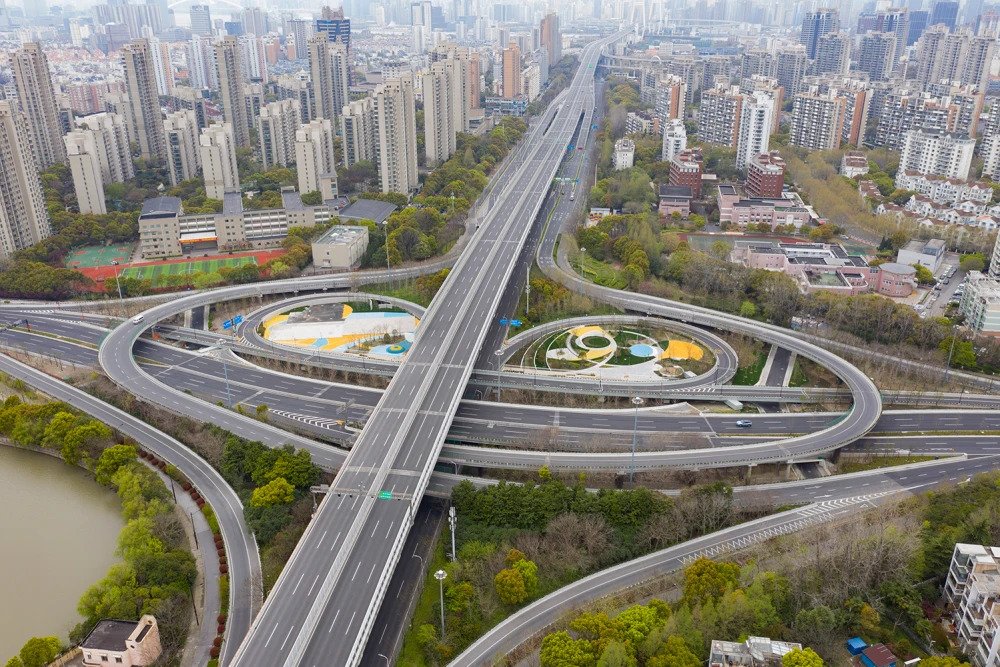AS CHINA’S ECONOMY FALTERS, BE CAREFUL WHAT YOU WISH FOR

Source: Foreign Policy
It is becoming increasingly clear that China’s economy is facing significant headwinds. Most of this is Beijing’s own doing. A draconian zero-COVID-19 policy has locked down swaths of the economy, severely hit consumer spending, and curtailed factory output. Aggressive regulation of the technology sector, driven by Chinese President Xi Jinping’s retreat from private enterprise and embrace of Maoist socialism, has paralyzed a once-dynamic industry. A debt bubble in the country’s overinflated real estate sector has led to spectacular crashes, including the default of Evergrande, a gigantic property developer. Meanwhile, Russia’s invasion of Ukraine is pushing up global prices of food, energy, and other commodities imported by China. For all these reasons, the International Monetary Fund recently lowered its forecast for China’s economic growth to 4.4 percent this year—anemic by past Chinese standards. Bloomberg Economics predicts as little as 2 percent and expects the United States to grow faster than China for the first time since 1976.
Couple these recent trends with longer-term headwinds such as slowing productivity growth, demographic decline, and a continued brain drain among technology workers and entrepreneurs, and it becomes clearer that China is not the economic juggernaut many in the West believe it to be. In the context of heightened geopolitical competition, that’s led to a lot of schadenfreude, cheer, and outright triumphalism in the West. Now, “the United States can shape the collapse of China just as it did the Soviet Union,” Robert Wilkie, secretary of veterans affairs during the Trump administration, argued late last year.
Nonetheless, hoping for an economic collapse in China would be very unwise.
First, recessions hurt a lot of average people. Although the Chinese Communist Party is becoming increasingly totalitarian at home and revisionist abroad, there are more than 1.3 billion Chinese who have no connection to the party. They will bear the brunt of China’s economic tumult, as will lower-income Americans and less well-off people around the world. All of them will be caught in the fallout when the world’s second-largest economy falters.
Since the beginning of Beijing’s economic liberalization in the late 1970s, it is estimated that about 800 million Chinese have been lifted out of grinding poverty. Despite Beijing’s troubling turn toward illiberalism, the mass reduction of poverty in China remains one of the world’s most important humanitarian success stories. A recession—whether from Xi and the party seizing control of the economy or other causes—will hurt average Chinese citizens. In an attempt to soften the blow, China is already planning to pump $5.3 trillion into its economy—about a third the size of its overall economy—through fiscal and monetary measures this year. These include increased lending to small businesses, cuts in taxes and administrative fees, and subsidized consumer purchases.




